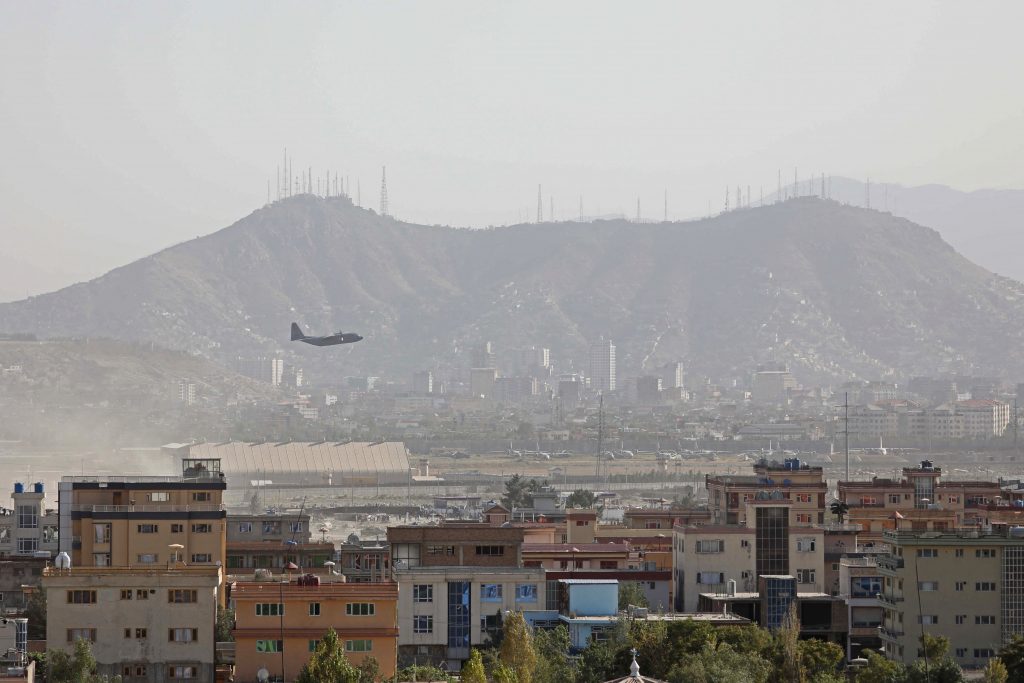
- ARAB NEWS
- 19 Jul 2025

TOYKO: Afghans who have supported Japanese government projects in Afghanistan in the past are calling on Japan to help them evacuate from their country, where the Taliban has returned to power.
About a week after the U.S. military withdrew from Afghanistan, over 800 Afghans with links to Japan are thought to be stranded there.
Yutaka Hayashi, an associate professor at Fukuoka University who has spent a total of six years in Afghanistan, has been receiving heartbreaking messages from such people.
In a social media message sent to Hayashi, an Afghan man who worked at a local office of the Japan International Cooperation Agency for a long time until his contract ended last year, said that he thought that the Japanese government would rescue people who had been working with it.
The man said he still has hope that Japan will help him evacuate.
Since the Taliban took control of Kabul, the capital of Afghanistan, the man has been moving from place to place, so that the Taliban cannot identify his location.
Japan’s rescue efforts target a total of some 500 incumbent local embassy and JICA personnel and relatives of them.
Meanwhile, there are some 350 former JICA workers and relatives who are also seeking Japan’s help to leave the country, according to a survey by Hayashi and others.
In the past decade, Japan has been cutting back its official development assistance, which led to a scale-down in operations in Afghanistan and termination of contracts for many local staff members.
If the Taliban obtains their tax records, which are thought to have been stored by the former Afghan government, they might be regarded as allies of foreign forces and the former government and as enemies of the Taliban.
Such former staff members may also be a target of criticism from people who believe that they have been leading prosperous lives.
Some Islamist radicals are buying a groundless rumor that Japan’s support for polio vaccine rollout in Afghanistan is aimed at sterilizing Muslims.
Taliban fighters have started door-to-door patrols. Neighbors of a person with links to JICA were asked by Taliban soldiers whether they know the whereabouts of the person.
“First, they (Taliban soldiers) demand furniture and cars,” Hayashi said. “Then they might ask for wives and children.”
Apparently, the moderate stance the Taliban has been showcasing to the international society is not fully taking root in the group.
At a press conference on Monday, Japanese Chief Cabinet Secretary Katsunobu Kato said that many local staff members of Japanese government-affiliated organizations still remain in Afghanistan.
“We will cooperate with related countries to help evacuate people who wish to leave the country,” Kato stressed.
However, evacuation work is unlikely to proceed after officials of the Japanese Embassy and Self-Defense Force aircraft have already left Afghanistan.
A good thing about Japan’s overseas development support is that local staff members and workers dispatched from Japan are treated equally, Hayashi said.
“I want (the Japanese government) to help as many people as possible and send a message that Japan won’t abandon any Afghan who has cooperated with Japan,” Hayashi said.
JIJI Press